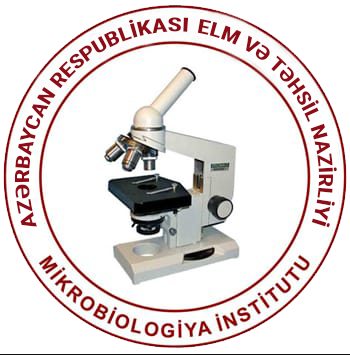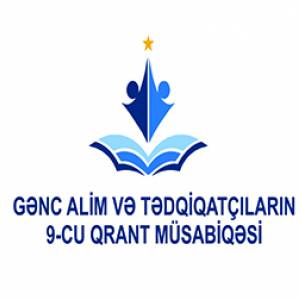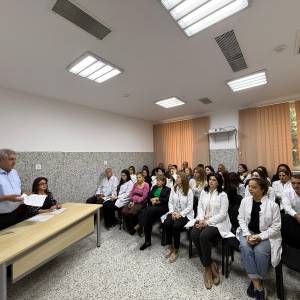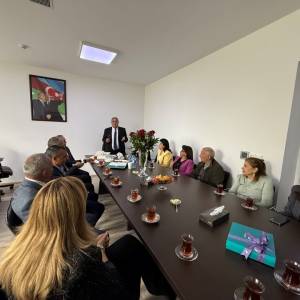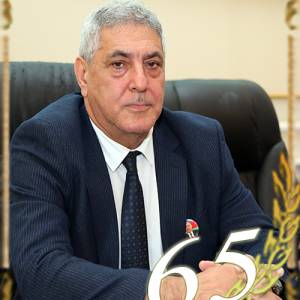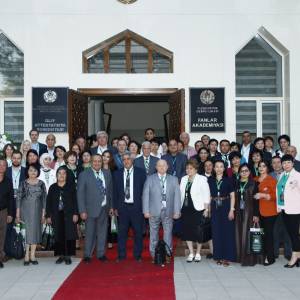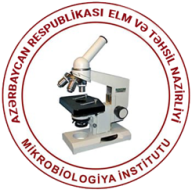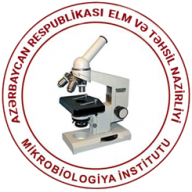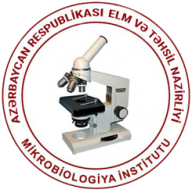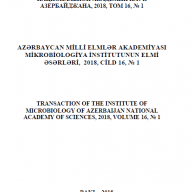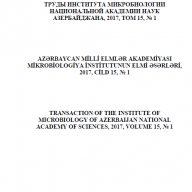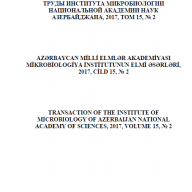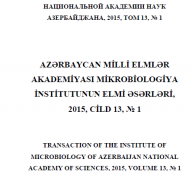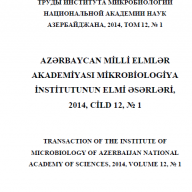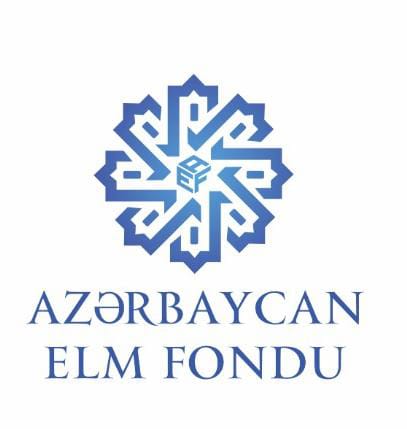
A project led by Agil Adam oghlu Ahmadli, a researcher at the Institute of Microbiology of the Ministry of Science and Education of the Republic of Azerbaijan, has been declared one of the winners of the “9th Grant Competition for Young Scientists and Researchers” announced by the Science Development Foundation under the President of the Republic of Azerbaijan.
The project, titled “Obtaining and Application of Fungal-Based Feed Additives to Increase Animal Productivity”, is being implemented by a temporary creative team under A.A. Ahmadli’s leadership, which also includes two employees from the Institute of Microbiology and two from the Institute of Zoology. The project aims to obtain environmentally friendly bio-additives that enhance the productivity of agricultural animals (cattle and poultry) and ensure efficient use of feed resources. It also seeks to develop the scientific and practical foundations for the application of the obtained biopreparation.
As is well known, plants play a vital role in ecosystems as producers, forming an essential part of the diet for both humans and animals. They hold the primary share in meeting the nutritional needs of heterotrophic organisms. Accordingly, researchers have created new high-yield plant varieties and developed more efficient cultivation technologies. However, the expected results are not always achieved, and crop yield per cultivated area sometimes decreases.
At the same time, animals are not able to fully digest and assimilate all the nutrients they consume, leading to inefficient use of feed resources. This is unacceptable in the context of the world’s growing population within limited land resources. Therefore, along with increasing crop productivity, it is equally important to eliminate factors reducing yield and to develop scientific and methodological foundations for improving nutrient assimilation through biopreparations.
Solving these issues directly affects both the quantitative and qualitative indicators of production. Preventing such problems is of great importance for ensuring the country’s reliable food security and sustainable development. The project team aims to contribute to addressing these vital challenges.



